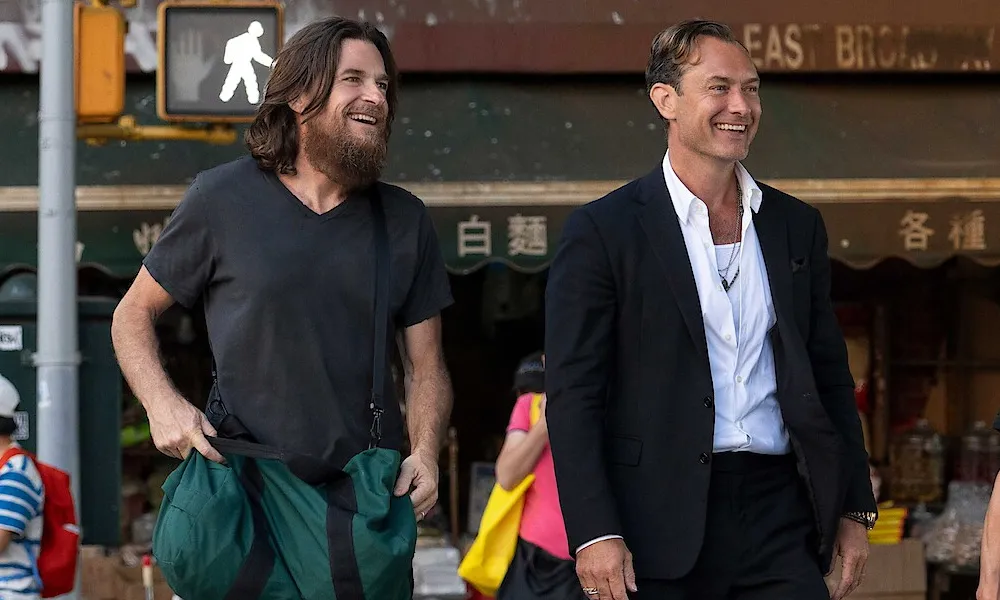The Long Take
Watching stories move
Netflix’s Black Rabbit may carry traces of the familiar crime story, mob debts, addiction, betrayal, and moral decay, yet none of these are its real concern. It does not rely on violence or spectacle to drive the plot. Its idea is simpler and far more compelling. Two brothers, played by Jude Law and Jason Bateman, try to rebuild a restaurant and a life while haunted by what they cannot escape: memory, guilt, and each other.
The show’s strength lies in its script’s emotional precision, not rare anymore because the themes it explores feel so universal. That is what makes it so affecting. In a world that often feels chaotic and unmoored, there is something quietly reassuring about a story that recognises our shared fragility. It captures how easily things fall apart and how the workplace, once a personification of purpose, can become a site of abuse, manipulation, and buried secrets. In its exaggeration, the series feels almost too real. The toxic dynamics, the power plays, the silences echo stories we have heard or lived.
Netflix has become the new hearth, the place we retreat to at the end of the day. Black Rabbit uses that comfort against us. It invites us in, then slowly unravels the illusion of safety, reminding us that darkness is not somewhere else. It is here, at home, streaming softly through the screen. Critics have praised the show’s ambition, with Law and Bateman delivering raw, restrained performances as brothers haunted by trauma. Black Rabbit stands out because it refuses easy redemption, a slow burn that simmers with dread, and that dread feels eerily domestic.
